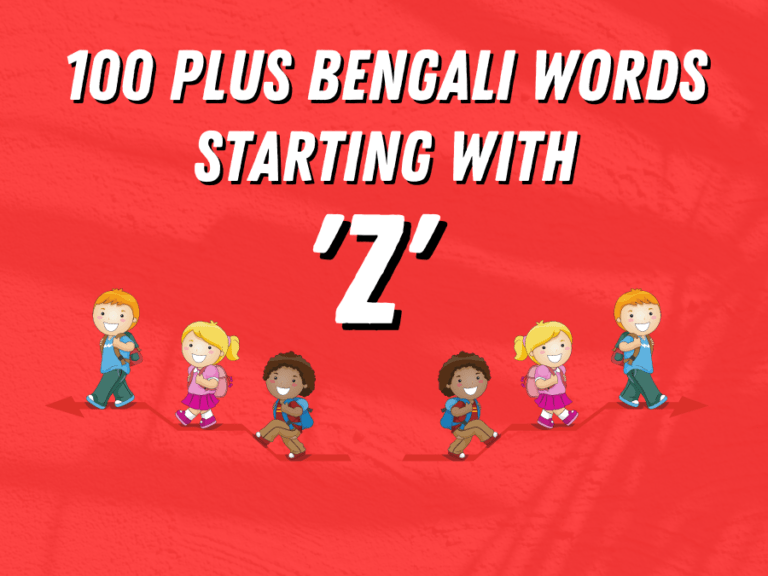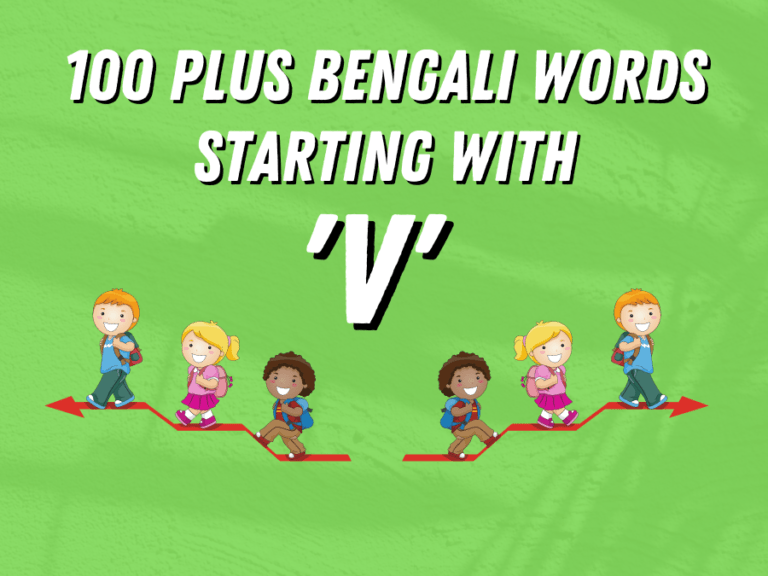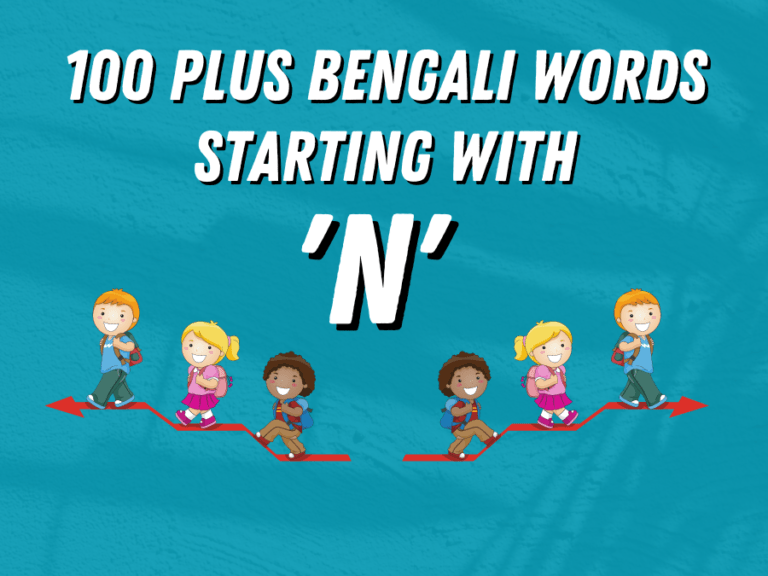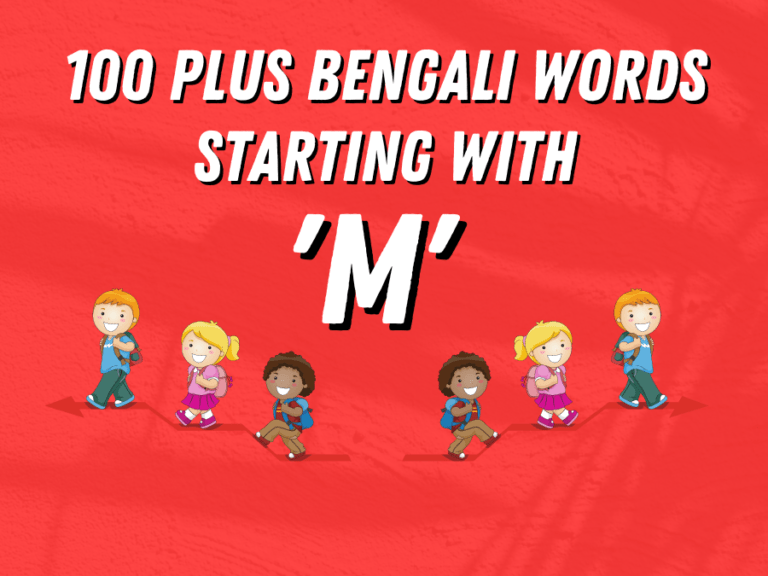Bhai Phota, Bhai Dooj, Bhai Tika and Bhau Beej, Bengali Festivals
Bhai Phota is a significant Hindu festival celebrated predominantly in Bengal and some other parts of India. This festival is known as Bhai Dooj in northern India, Bhai Tika in Nepal, and Bhau Beej in Maharashtra. The festival honors the bond between brothers and sisters and is celebrated two days after Diwali, on the second day of the Shukla Paksha (waxing phase of the moon) in the Hindu month of Kartika.
Significance and Rituals
Bhai Phota is a day dedicated to the loving relationship between brothers and sisters. It is a time when sisters pray for the long life and well-being of their brothers, and brothers vow to protect and support their sisters.
Rituals:
Tilak Ceremony: The main ritual involves sisters applying a ’tilak’ or ‘phota’ (a mark made with sandalwood paste, vermilion, and rice grains) on the foreheads of their brothers. This is often accompanied by a traditional chant or mantra, seeking blessings and protection for their brothers.
Arti: Sisters perform an arti (a devotional ceremony) for their brothers, moving a decorated tray with a lit lamp in circular motions in front of them. This ritual is believed to ward off evil spirits.
Gifts and Sweets: Brothers and sisters exchange gifts and sweets. Sisters often prepare a variety of delicious foods for their brothers.
Feasting: Families come together to enjoy a festive meal. Special dishes and sweets are prepared to mark the occasion.
Cultural Variations
In Bengal, the festival is celebrated with unique customs and traditions. The tilak is known as phota, and sisters apply it to their brothers with elaborate rituals. The celebration includes singing traditional songs, sharing stories, and creating a joyous atmosphere.
In Nepal, Bhai Tika involves intricate rituals, including the creation of a protective mandala or circle around the brother, using oil to keep away evil spirits.
Historical and Mythological Background
The festival has its roots in various legends and historical stories. One popular myth is about Yamraj, the god of death, and his sister Yamuna. According to the story, Yamuna invited her brother to her home, where she applied a sacred mark on his forehead and prayed for his well-being. Touched by her love and prayers, Yamraj declared that any brother who receives a tilak from his sister on this day would have a long and prosperous life.
Another legend involves Lord Krishna, who visited his sister Subhadra after defeating the demon Narakasura. Subhadra welcomed him with an arti, tilak, and sweets, signifying the protective and loving bond between siblings.
Modern Celebrations
Today, Bhai Phota is celebrated with much enthusiasm and joy. It is a day when family members come together, strengthening familial bonds and cherishing the sibling relationship. The festival is an expression of love, care, and mutual respect between brothers and sisters, continuing the age-old tradition with modern-day celebrations and practices.
Conclusion
Bhai Phota is not just a festival but a celebration of the unique bond between siblings. It highlights the importance of family, the protective and loving relationship between brothers and sisters, and the cultural heritage that binds families together across generations.
Bengali is a language that can be spoken in various ways depending on the location. বাংলা এমন একটি ভাষা যা অবস্থানের উপর নির্ভর করে বিভিন্ন উপায়ে বলা যায়। Bangla emon akti bhasha ja obosthaner upor nirvor kore bibhirnno upaye bola jaai। It's not uncommon to hear the same sentence pronounced differently in different places. একই বাক্য বিভিন্ন জায়গায় ভিন্নভাবে উচ্চারিত হওয়া অস্বাভাবিক নয়। Aki bakko bibhirnno jaigai bhirnnobhabe uchaarito howa osabhabik noy। Moreover, a word in Bengali can have two different pronunciations. তাছাড়া বাংলায় একটি শব্দের দুটি ভিন্ন উচ্চারণ থাকতে পারে। Tachara banglai ekti sobder duti bhirnno uchaaron thakte pare। যেমন- Jemon- ( for example ) আমি গতকাল গিয়েছিলাম, ( Ami Gotokal Giyechilam ) আমি কালকে গিয়েছিলাম, ( Ami kalke Giyechilam ) This sentence is called in English ( I want yesterday ) The sentance are the same but the sentace are different. The same word can be said in two ways. বাক্য একই কিন্তু বাক্য ভিন্ন। একই কথা দুইভাবে বলা যায়। Bakko eki kintu bakko bhirnno। aki kotha dubhabe bola jai।





